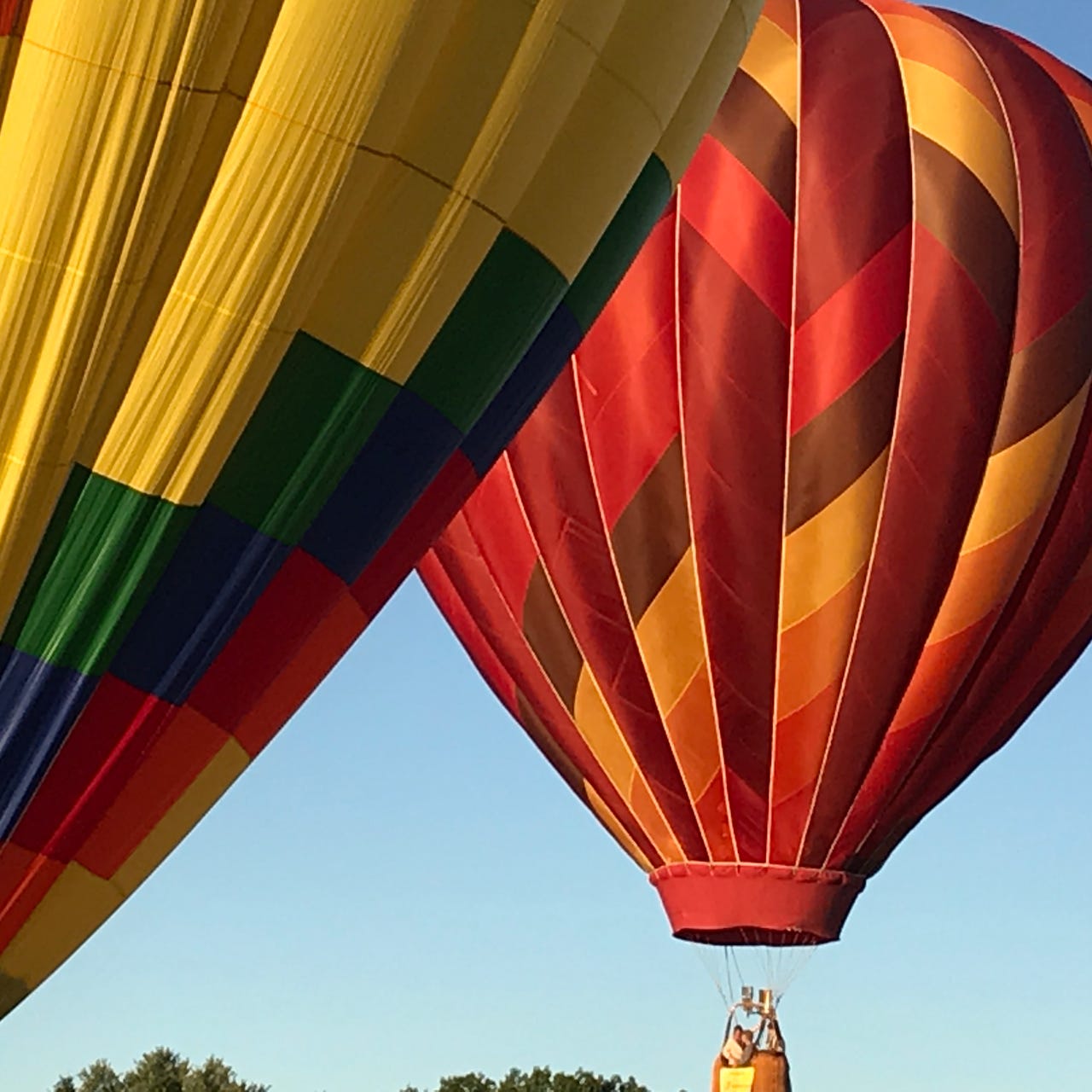Many years ago, I identified three fruits of the spirit that helped guide my thinking about who I am and who I might become. The three Cs I called them, a handy mnemonic designed to help me stay on the path. They were Consciousness, Compassion and Community. Consciousness came to me first. I had a great many ideas about life and death, about the sacred, about the whole. I studied Torah and the Hebrew alefbet. I visited the kabbalists and the desert mothers and fathers, the gnostics, Gurdjieff, the various luminaries of spirituality in the west. But all this unfolded in my overheated thinking self. I acquired some learning, but I didn’t feel that my life was inexorably flowing into the sacred pool. It took the Vietnamese monk Thich Nhat Hanh and the Plum Village tradition in Buddhism to cool me off with soft dharma rain, to support my descent from the mind down into the heart.

Compassion has been a lifelong struggle. I tried to become an adept in my hospice chaplaincy, but I often felt the temptation of advice-giving instead of the grace of just-listening. Some people’s suffering was so monstrous, so colossal, that it swamped my bug-sized separate self and left me feeling useless, pointless. I didn’t know that I could be present to someone at this degree of exigency and that we could simply be there together. I learned a lot in the laboratory of dying but most of what I know about compassion has come to me in the everyday events of my own life, opening my heart to the routine suffering around me that takes place between human waking and sleeping, crucially my own. I have been, until very late in life, naive about my own hardships. I didn’t think they made the cut. You know the drill. I am unworthy therefore my suffering is unworthy.
Community has been by far the most elusive of the fruits of the spirit. I grew up lonely with middle aged parents in an apartment building on 83rd street in Manhattan, my much older sister already off to college. I had no training in the community of the block or the backyard. My father’s family was large but scattered and there was a sense, however inarticulate, that we were better than they were, more educated. We did not embrace them. Belonging was always just out of reach and represented something that I both wanted desperately and couldn’t tolerate. I held on to the suspicion that community was something weighed down by rules, explicit and inexplicit. That it imprisoned you, that it locked its gates around you and offered the illusion of safety while depriving you of freedom, of agency, of your own personhood.
My experience of community has been transformed by aging, relocation and the urgency I feel in the face of the threat of the world. I no longer harbor the illusion that I can go it alone. Having unlocked the gates, I now see communities coming and going like cloud formations, like perennials blooming and going dormant. I count as community every encounter I have where I make eye contact with another person. Even contact with the non-human world, the geese and ducks, the wind, the heat and the cooling rain invite belonging. Slipping in and out of solitude, my reading and writing, into communion, with very little intermediate “going through the motions” of being alive in the world, I do not stand on ceremony. I have waited a long time for this and I don’t wait easily, but now it has arrived. Yesterday, I had to go to the Motor Vehicles Bureau, surely one of Dante’s darkest circles of hell, to get an official non-driver ID. I drew #964 from the ticket machine just like the one they had at Florence bakery on 82nd street. When they called #960, my heart sank. But about fifteen minutes later, a white-haired man sat down next to me and I said “It’s not so bad,” and we were a community facing down the bureaucracy, dissolving the stress in the room with our smiling. Recently, I zoomed in to my brother-in-law’s hospital room in Florida to be part of a circle of caring around him. Two of his daughters were with him and on the screen, two brothers, two sisters-in-law, two nephews, one niece and one enchanting great-niece. There was no information exchanged, no one tossed off a casual “whattya gonna do?” We were just with him, beaming our love in his direction.
The language of these encounters…love, healing, community….is overused and tends to sound flat and tired. These words can seem to mean nothing, as if they only live on greeting cards, as if we are all walking around telling each other to have a nice day. But in fact these words mean everything and the more we say them out loud, the more we live in their orbit, the more likely we will together survive the dark clouds bearing down on us.
*********************************************************************************************************
Many Voices will now accept contributions from all subscribers. At this critical time, we need to hear what everyone has to say. Please let me know if you have work that you would like to send to seventysomething for our Many Voices feature. Make your voice heard. Write to me at seventysomething9@gmail.com.
Please consider upgrading to a paid subscription to support seventysomething and have access to the archives. Your ideas are always welcome.
*************************************************************************************************************
Copies of my 2019 essay collection, Twilight Time: Aging in Amazement, are available directly from me (signed) or from your local bookseller.





My fault. I did the gmail thing again. Resent.
the three c's - wonderful - I also think in triangles - the tricky part is that they are usually isosceles and not equilateral - thankyou!